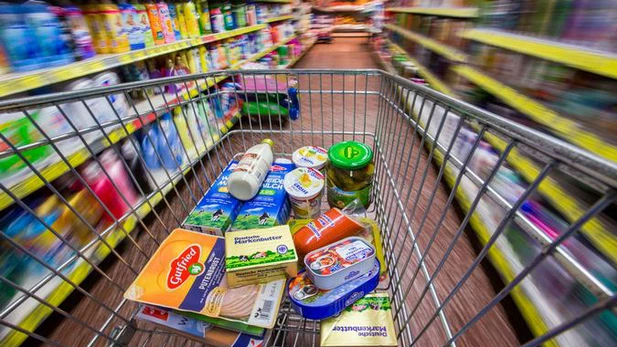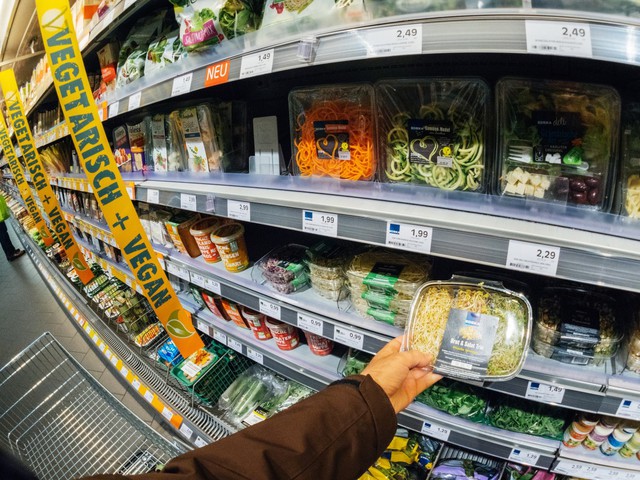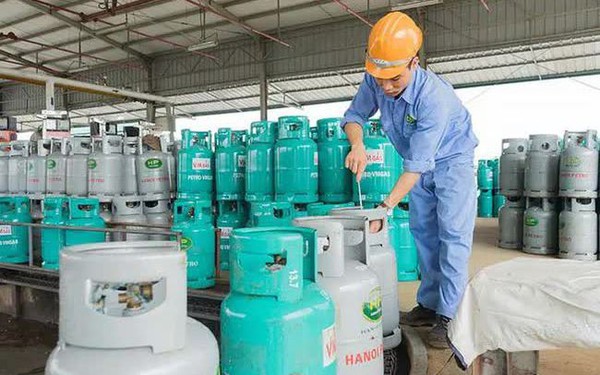Many people defied the cold to beg, ‘lifting up and down’ from a loaf of bread to a liter of fresh milk
It was a cold, rainy day in January, and German volunteers were standing in front of a food support shack set up outside Bonner Tafel, a fruit and vegetable shop in the western German city of Bonn. The deep drop in temperatures can make relief work difficult, but is ideal for foods that volunteers have previously collected at many supermarkets. They are not fresh enough to sell on the shelves, so they will be aggregated, then distributed free of charge to poor retirees, low-income workers and young unemployed Germans.
A lot of people are willing to put in 4 hours a week to go to Tafel and pick up any vegetables and food that can help them have a full evening.
“At the end of the month, when financial conditions are tight, people will come here and ask us about food. Inflation is becoming more and more worrisome,” Günther Giesa, a volunteer, told DW.
The specter of inflation surrounds
The figures just released show that, in February this year, the inflation rate in Germany increased by 5.1% over the same period last year. This is in stark contrast to 2020, when German inflation was only 0.5%.

In February 2022, the inflation rate in Germany increased by 5.1% over the same period last year
Consumer prices are skyrocketing globally. The escalation of energy costs is believed to be one of the main reasons, as travel restrictions in the period of the epidemic are about to be lifted. The fact that the limited energy supply cannot keep up with the sudden increase in demand has made the “price storm” crisis more and more serious.
“There will be disturbances in the energy market, which is understandable. Prices will go up and consumers will suffer a lot,” said Josep Borrell, High Representative for Security and Foreign Affairs of the European Union (EU).
“Fuel prices increase, transportation costs are also high, so many types of goods also increase in price. Not only at the gas station, but even at the supermarket, consumers will feel they have to spend more on basic needs”, said Dirk Engelhardt, President of the German Association of Business, Transport and Logistics speak.
This will certainly create more difficulties for the European Central Bank (ECB) as it is trying to revise its economic forecasts to deal with the consequences of Russia-Ukraine tensions. out. From just focusing on reducing economic stimulus programs, the ECB will now need to more carefully assess the economic impacts of the geopolitical conflict, especially when gas supplies from Russia interruption.

Germans surrounded in frost
In 1923, Germany also experienced hyperinflation after the government ended the gold standard and failed in World War I. Employers were then forced to pay daily wages so that employees could buy food and wages early before they continued to raise prices the next day. Post-World War II inflation and the energy crisis of the 1970s also left the country in dire straits.
Buy a loaf of bread or 1 liter of fresh milk to save money?
DW newspaper said that, for a country that values economic stability like Germany, the specter of inflation is a huge concern. According to American economist Robert Shiller, only theoretical inflation fears are enough to make the German economy suffer. At that time, low-income people will be the most insecure.
“Sad. Each refueling costs €100, while before it was only €80. Even so, €20 doesn’t affect me too much. It’s the low-income people who come here to ask for food,” explained a Tafel volunteer. “They will have to consider whether to use the money they have to buy fresh bread or a liter of milk to save?”

The Guardian newspaper previously quoted Isabella Weber, an associate professor of economics at the University of Massachusetts Amherst, as saying that taking advantage of inflation, many large corporations with influence in the market have accelerated the prices of many items and increased revenue. profit. German authorities then had to impose price limits on certain foods, including sugar, cow’s milk and pork feet.
The German magazine Focus recently also had an article advising readers to change their spending habits in the context of skyrocketing prices. In addition to encouraging people to drink tap water directly instead of buying bottled water, Focus believes that smart consumers will choose to buy seasonal foods, hunt for cheap agricultural products and promotional discounts. commercial. This magazine also lists a number of companies that provide effective tap water filtration systems so that people can drink directly without feeling uncomfortable.
According to: DW, The Guardian
By Business and Marketing
at Blogtuan.info – Source: cafebiz.vn – Read the original article here



